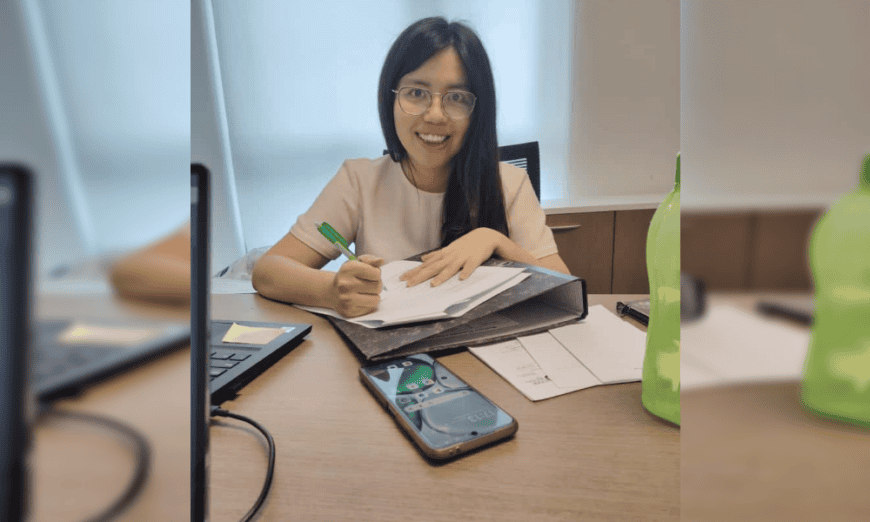MENTAL health awareness has grown significantly in recent years, but for registered counsellor Tan Saw Yen, the heart of counselling still lies in human connection, something she believes technology can never fully replace.
Speaking in an interview with Buletin Mutiara yesterday (Nov 11), Tan shared her views on people seeking mental health advice through artificial intelligence (AI) platforms such as ChatGPT.

“I have never tried it yet, but the answers from ChatGPT or other AI platforms are automatically generated. They don’t have empathy or physical connection like humans do, so the outcome is definitely different.
“However, AI can be useful for those who are uncomfortable talking to a stranger about their issues. Still, the best way is to seek professional help, because AI is only a machine (a platform) and not a human being,” she said.
Currently serving as a registered counsellor at a local university in Penang, Tan also works part-time with a psychiatrist at a clinic during weekends.
Her passion for counselling began when she was just in Form Two, inspired by her school counsellor who guided and supported her through her teenage years.
“She was the one who walked the journey with me, and that inspired me to become a counsellor myself,” Tan recalled warmly.
Before pursuing her master’s degree, Tan worked as a school counsellor in an independent school.
She later spent one to two years at the Penang Social Welfare Department (JKM), where she handled various juvenile crime cases.
“At that time, I mainly dealt with youth crime cases focusing on young offenders and helping them rebuild their lives,” she said.
Today, Tan focuses primarily on young adults, helping them cope with emotional struggles, mental health challenges, and post-traumatic stress disorder (PTSD). She is also currently pursuing her second master’s degree in clinical psychology.
“Of course, the training itself is tough, but I know this is where my passion lies,” she said, adding that she has now been a certified counsellor for six years.
Becoming a registered counsellor, Tan explained, is no easy feat.
Her journey began with two years of Sijil Tinggi Persekolahan Malaysia (STPM), followed by a three-year degree in industrial psychology.
She then pursued a three-year Master’s in Counselling, completed a one-and-a-half-year internship, and finally underwent a rigorous interview process with the Malaysian Board of Counsellors to obtain her licence.
“Even after certification, counsellors must renew their licence every two years by accumulating credit points through counselling sessions and attending professional development courses,” she added.
Among the many cases she has handled, one stands out vividly in her memory which is a 17-year-old juvenile involved in a murder case.
“It was a challenging journey, but after three years of sessions and rehabilitation, I’m grateful that his family accepted him back and that he managed to return to a normal life,” Tan shared emotionally.
Tan also noted that mental health awareness among the public has improved over the years.
“The stigma has reduced, and people are more open to seeking help. This is why psychological education is so important which is to help people understand that mental health is just as crucial as physical health,” she concluded.
Story by Riadz Akmal

